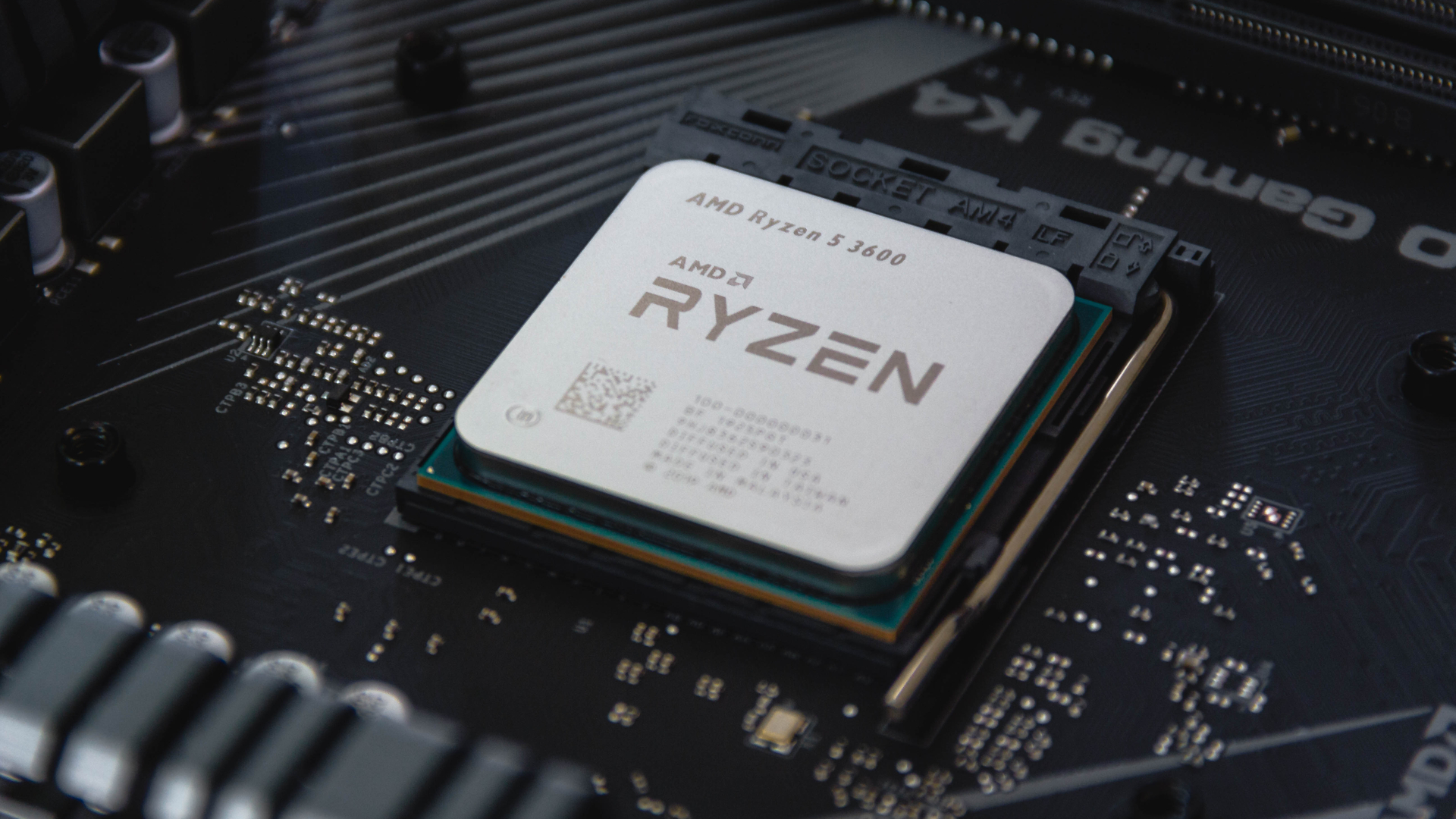
Codenamed Zen 4, AMD’s next-generation CPU architecture for Ryzen and EPYC CPUs could boast a huge overall performance gain over its current processors.
A new report from tech blog ChipsandCheese suggests the Zen 4 CPUs will offer an IPC jump of 25%, alongside a 40% performance boost over existing Zen 3 processors.
The report suggests that engineering samples of EPYC ‘Genoa’, AMD's next-generation server family, are up to 29% faster than current EPYC ‘Milan’ CPUs, despite using the same number of cores and clocks.
- Check out our list of the best AMD CPUs in 2021
- These are the best AMD GPUs you can buy today
- AMD’s GPUs and CPUs are becoming seriously popular with Linux gamers
Expected to launch sometime in 2022, the AMD Zen 4 core architecture will be fabricated on TSMC's 5nm process node, and is even rumored to feature 5GHz speeds on all cores in what looks set to be a “monster of a CPU”, according to the article.
As with all rumors, this information should be taken with a grain of salt and we won't know the actual results with any certainty until an official announcement is made or we get our hands on the currently unreleased CPUs to test ourselves.
The smaller the size, the bigger the power
While we’ve known for a while that AMD has been working on producing 5nm Zen 4 CPUs, we’ve now got a better idea of the kind of performance increases we might see from the new chips.
This rumored 40% performance boost (which marks an even larger increase than the jump from AMD’s ‘Rome’ to ‘Milan’ CPUs) looks to come primarily from the reduced transistor size. Essentially, the smaller the transistors, the more can be fitted on a chip – and therefore the more powerful the processor is.
With its Zen 2 processors, AMD leapfrogged Intel by shifting to the 7nm process, and back in 2020 the rival company even admitted that it wouldn’t catch up with AMD and its 7nm process until 2021.
Get daily insight, inspiration and deals in your inbox
Sign up for breaking news, reviews, opinion, top tech deals, and more.
Now, with the upcoming Zen 4 CPUs set to shrink further to 5nm, AMD could leave Intel’s processors in the dust once and for all.
- AMD in 2020: year in review
Via wccftech

Axel is TechRadar's UK-based Phones Editor, reporting on everything from the latest Apple developments to newest AI breakthroughs as part of the site's Mobile Computing vertical. Having previously written for publications including Esquire and FourFourTwo, Axel is well-versed in the applications of technology beyond the desktop, and his coverage extends from general reporting and analysis to in-depth interviews and opinion. Axel studied for a degree in English Literature at the University of Warwick before joining TechRadar in 2020, where he then earned an NCTJ qualification as part of the company’s inaugural digital training scheme.